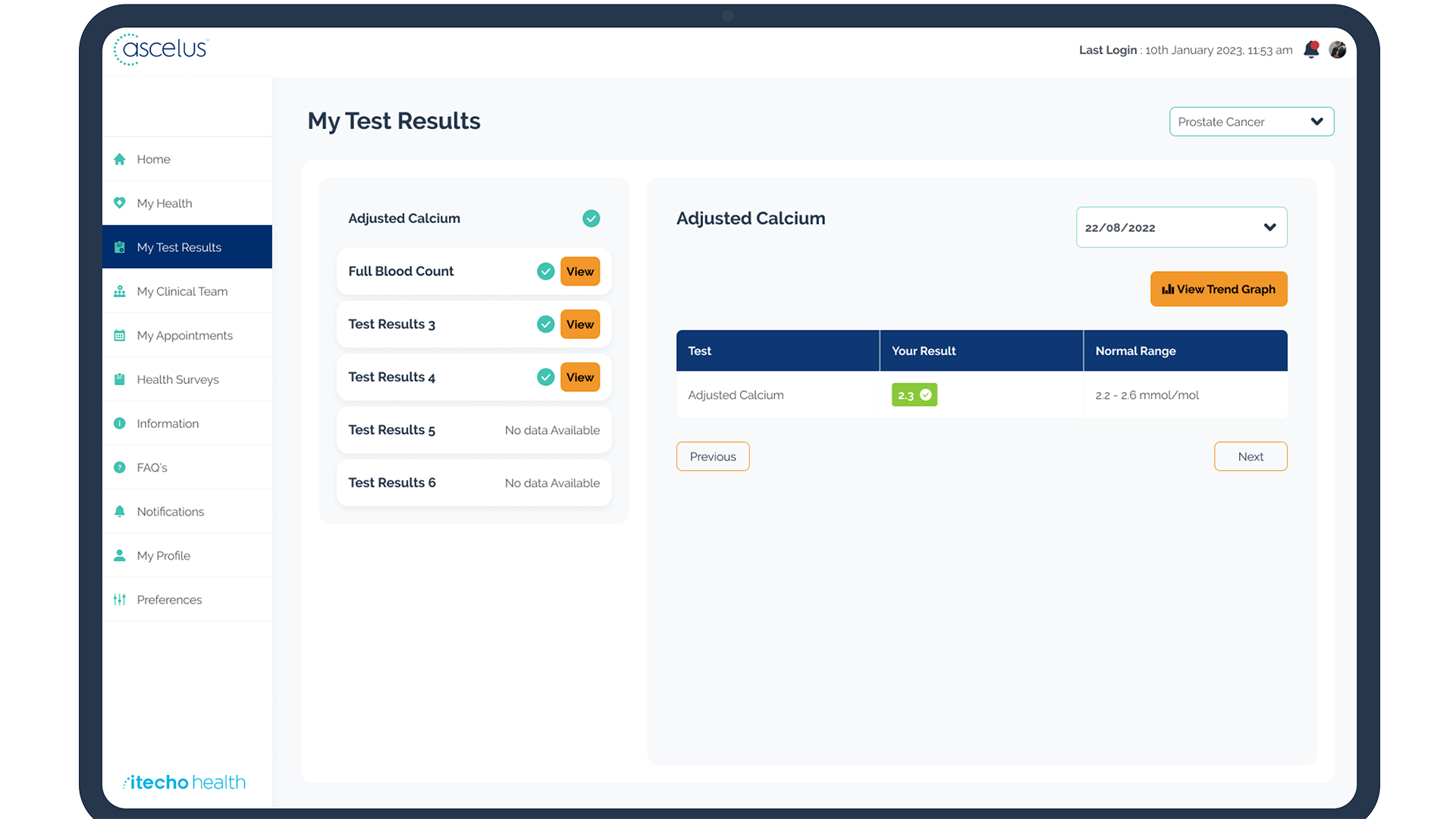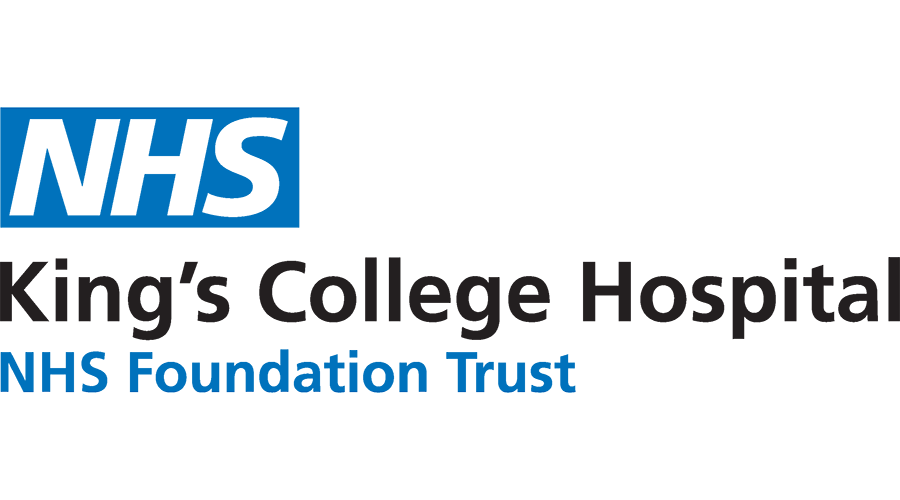Haematology
MGUS
Monoclonal Gammopathy of Undetermined Significance (MGUS) is a premalignant, chronic condition, affecting over 500,000 people in the UK. Patients require twice-yearly lifetime monitoring as ultimately up to 20% progress to develop myeloma or lymphoma.
This potentially creates over a million annual NHS outpatient appointments. Without effective monitoring, patients can be lost to the system, only to present later with acute myeloma. There is consensus that a new approach to monitoring MGUS is required. Our proposal is aligned to the NHS Model for Personalised Care in Cancer outlined in the NHS LTP.

The Problem
Chronic diseases, such as MGUS, are long-lasting conditions that require regular monitoring and routine visits to hospital. They impose a large and ever-increasing cost on healthcare systems, accounting for 64% of NHS outpatient appointments and more than 70% of NHS/social care spend. There were over 93 million outpatient appointments in England in 2017, the majority being for long-term conditions. Healthcare budgets cannot keep pace with this increased demand and more efficient, productive and economic models are needed.

Our Solution
Our platform Ascelus™ will allow patients to be securely linked via their smartphone with their existing hospital IT system allowing face-to-face outpatient appointments. Patients can record their symptoms, receive clinical advice, test results and information on medication and make appointments on their phone.
Patients will benefit through gaining a faster, more convenient and time efficient way of managing their condition. The NHS will benefit from freeing up of consultant time to focus on more complex cases. In cost terms, conservative estimates suggest that if only 20% of NHS MGUS patients used the Ascelus™ technology, annual NHS savings of £13.04 million would be achieved.
Collaborations / Partnerships
King’s Health Partners, University of Leeds, Sheffield Hallam University, MyelomaUK, Kings College Hospital, Guy’s and St Thomas’ and Sheffield Teaching Hospitals









